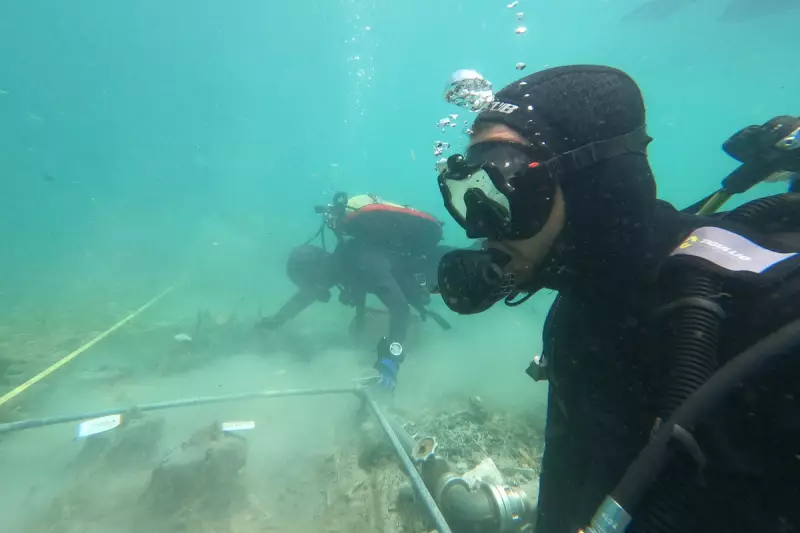
In a groundbreaking discovery that could reshape our understanding of early European settlements, archaeologists have uncovered what appears to be the continent's oldest lakeside village in Albania.
A Window into Neolithic Life
The remarkable site at Lake Ohrid, straddling the border between Albania and North Macedonia, has revealed wooden structures preserved in water that date back an astonishing 8,000 years. This makes the settlement significantly older than previously known lakeside dwellings in the Mediterranean region.
Preserved by Nature's Time Capsule
The unique conditions of Lake Ohrid, one of Europe's deepest and oldest lakes, created a perfect environment for preserving organic materials. Researchers found wooden stilts that supported houses, along with tools and other artifacts that provide unprecedented insights into Neolithic daily life.
Key findings include:
- Wooden structures remarkably preserved underwater
- Evidence of sophisticated construction techniques
- Artifacts suggesting a thriving agricultural community
- Potential clues about early trade networks
Rewriting European Prehistory
This discovery challenges previous assumptions about the spread of agriculture and settlement patterns in Europe. The Albanian site predates similar lakeside villages in Switzerland and Germany by several centuries, suggesting earlier than expected development of complex societies in the Balkans.
Professor Albert Hafner from the University of Bern, who led the international research team, stated: "This settlement changes our understanding of how early farming communities spread across Europe. The preservation is exceptional - it's like stepping back in time."
Future Research Potential
Archaeologists believe the site may contain even older layers beneath the current findings. Ongoing excavations and analysis of tree rings promise to reveal more precise dating and potentially even older structures.
The discovery has sparked excitement in the scientific community, with experts calling it one of the most significant archaeological finds in Europe this century. As research continues, Lake Ohrid may yet reveal more secrets about our ancient ancestors' way of life.





